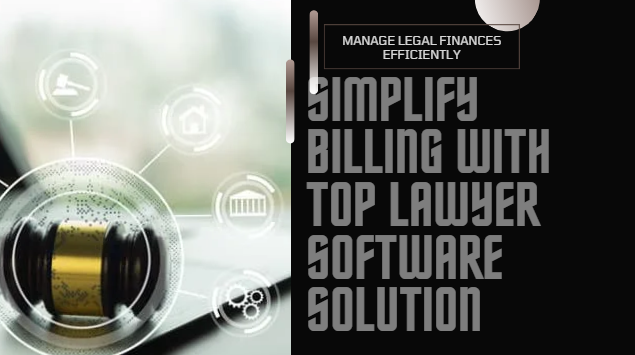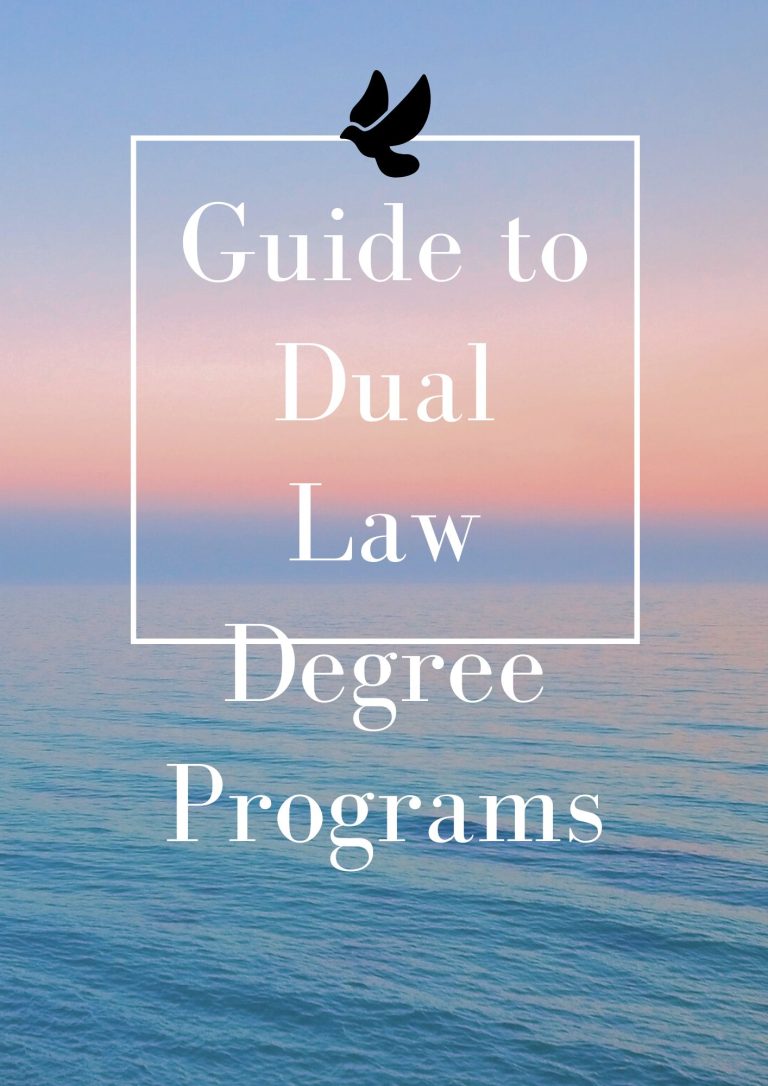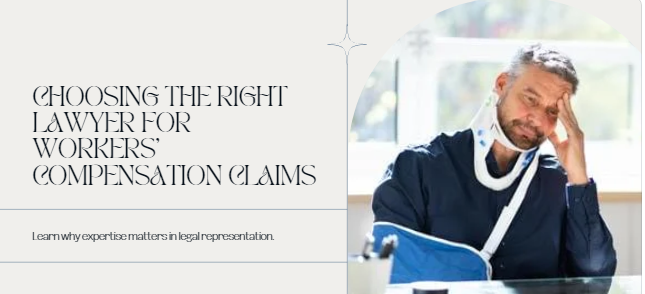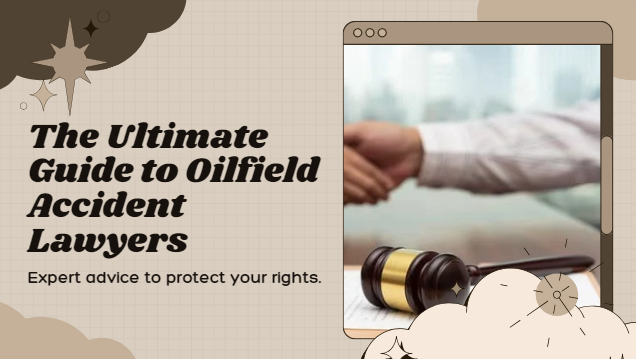An assault charge can be a frightening and stressful experience. You might be worried about jail time, fines, and the impact on your reputation. In this situation, having a good lawyer on your side is crucial. But with so many lawyers out there, how do you find the right one for your assault case?
This article will guide you through the process of finding the best lawyer for your assault charge. We’ll cover what to look for in a lawyer, how to research your options, and what questions to ask during consultations.
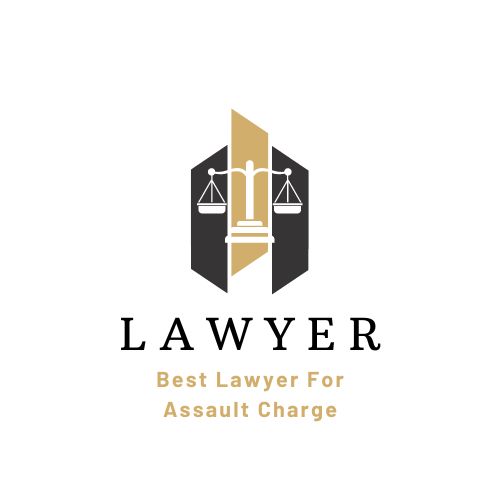
Why You Need a Lawyer
Assault charges can be complex, and the penalties can be severe. Depending on the specifics of your case, you could be facing:
- Jail time
- Probation
- Fines
- Community service
- Anger management classes
- Difficulty getting a job or renting an apartment
A lawyer can help you navigate the legal system, protect your rights, and fight for the best possible outcome in your case. Here’s how:
- Understanding the Charges: A lawyer can explain the specific charges you’re facing and the potential consequences.
- Building Your Defense: They can investigate the evidence, identify weaknesses in the prosecution’s case, and build a strong defense strategy.
- Negotiating with the Prosecutor: Lawyers can negotiate with the prosecutor for a reduced charge or dismissal of the case altogether.
- Representing You in Court: If your case goes to trial, your lawyer will represent you in court and fight for your rights.
Qualities of a Good Assault Lawyer
Here are some key qualities to look for in a lawyer who will handle your assault case:
- Experience in Criminal Law: You want a lawyer who has experience specifically handling assault cases. They’ll understand the nuances of these charges and the best defense strategies.
- Track Record of Success: Look for a lawyer with a good track record of getting positive outcomes for their clients in assault cases.
- Strong Negotiation Skills: A skilled lawyer can negotiate with the prosecutor on your behalf, potentially getting the charges reduced or dropped.
- Excellent Communication Skills: The lawyer should be able to clearly explain complex legal concepts to you and keep you informed throughout the process.
- Availability and Responsiveness: You want a lawyer who is available to answer your questions and address your concerns promptly.
- Personality Fit: It’s important to feel comfortable and confident with your lawyer. During consultations, pay attention to their communication style and see if it meshes well with yours.
Finding an Assault Lawyer
There are several ways to find a lawyer who specializes in assault cases:
- Ask for Referrals: Talk to friends, family, or colleagues who have faced similar situations. They might be able to recommend a good lawyer.
- Search Online Directories: Legal websites and lawyer directories can help you find lawyers in your area who specialize in criminal law.
- Contact Your Local Bar Association: The bar association in your area can provide you with a list of qualified lawyers.
What to Ask During Consultations
Once you’ve identified a few potential lawyers, schedule consultations to discuss your case further. Here are some questions to ask during your consultations:
- How much experience do you have handling assault cases?
- What is your success rate in similar cases?
- What is your approach to my case?
- What are the potential fees and costs associated with your representation?
- How will you keep me informed about the progress of my case?
Affording an Assault Lawyer
Hiring a good lawyer can be expensive. Here are some options to consider:
- Free Consultations: Many lawyers offer free consultations where you can discuss your case and get an idea of their fees.
- Payment Plans: Some lawyers offer payment plans that allow you to spread out the cost of legal representation.
- Public Defenders: If you qualify financially, you may be able to get a public defender to represent you for free.
Facing an Assault Charge? Here’s How to Find the Right Lawyer for You (Continued)
In addition to the information above, here are some further considerations to help you navigate an assault charge and find the best lawyer for your situation:
Understanding the Specifics of Your Charge
Assault charges can vary depending on the circumstances. Here are some common types of assault:
- Simple Assault: This is the least serious type of assault and typically involves the threat of violence or minor physical contact.
- Aggravated Assault: This involves a greater threat of violence, use of a weapon, or serious bodily injury.
- Domestic Assault: This involves violence or threats of violence against a spouse, partner, or family member.
The specific type of assault charge you face will impact the potential penalties and the best defense strategy. Be prepared to discuss the details of your case with potential lawyers, including:
- What happened leading up to the alleged assault?
- Were there any witnesses?
- Were you injured or did you injure anyone else?
- Were there any weapons involved?
Self-Defense
In some cases, you may be able to claim self-defense if you were acting to protect yourself from harm. However, self-defense laws vary by state. A lawyer can advise you on the specific self-defense laws in your jurisdiction and help you build a strong self-defense case.
Gathering Evidence
If you have any evidence that can support your case, be sure to gather it and share it with your lawyer. This might include:
- Witness statements
- Medical records (if applicable)
- Video footage
- Photos of any injuries
The sooner you can gather this evidence, the better.
What to Expect When Working with a Lawyer
Once you’ve hired a lawyer, they will take the lead on your case. Here’s what you can expect:
- Communication: Your lawyer should keep you informed about the progress of your case and answer any questions you have in a timely manner.
- Investigation: They will investigate the evidence and gather any additional information needed to build your defense.
- Discovery: This is the legal process of exchanging information with the prosecution.
- Negotiation: Your lawyer will attempt to negotiate with the prosecutor for a reduced charge or dismissal of the case.
- Trial: If negotiations fail, your lawyer will represent you in court.
Beyond the Legal Case
An assault charge can be stressful and can impact your life in many ways. Here are some additional resources that might be helpful:
- Mental Health Support: Coping with a legal case can be emotionally draining. Consider seeking mental health support from a therapist or counselor.
- Support Groups: There may be support groups available in your area for people facing criminal charges.
Conclusion
Facing an assault charge can be overwhelming, but don’t despair. Finding the right lawyer can make a significant difference in the outcome of your case. By following the tips in this article, you can increase your chances of finding a qualified and experienced lawyer who will fight for your rights.



